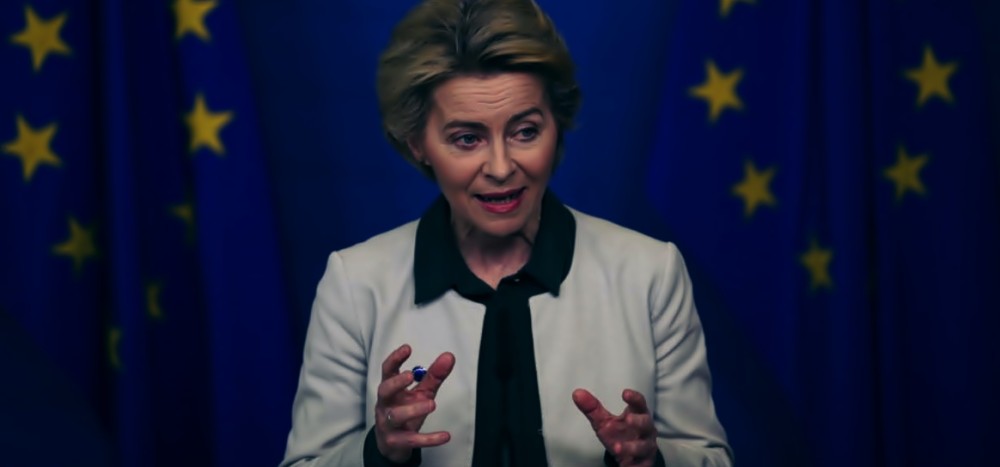All those who looked at the new European leadership with suspicion, especially the new President of the European Commission, Ursula von der Leyen, proved right within a period of few months.
Editorial
It is well known and has been historically confirmed that crises of all kinds can create opportunites for leaders to pave the way and become key leading figures.
Europe has been most hardly hit by the ongoing crises for the past eleven years. During these challenging times, both the leadership of the European institutions as well as national governments have been tested for their insight, intuition, knowledge and, above all, for taking responsibility.
Europe, currently affected by the Covid-19 pandemic, has always had the tendency to defer to a ‘behind its doors’ policy, choosing to deal with a problem at a national level.
But it’s at this very point that initiatives should be centralised so that all European countries could coordinate their policies and actions collectively; to be convinced that solidarity is the strongest link for a united and coherent Europe.
The European Commission has had a very specific role to play since the establishment of the European institutions. It is the institutions that propose policies and strategies, while at the same time they suggest to the European Council the measures that should be taken and what means should be secured.
The role of the European Commission was particularly evident when it was called to deal with the financial crisis and manage the 2009 H1N1 pandemic, as well as the Ebola and Sars epidemics. Back then health crises were addressed effectively; the economic crisis, despite the lack of solidarity, did not lead to a disaster and the effects of the refugee issue were considerably mitigated, with the European Commission taking political initiatives.
In the last five months, however, the European Commission has engaged in pointless political statements and exhortations and a barrage of tweets with Commissioners… just acting as retweeters.
Italy and Spain have been severely hit by the Covid-19 outbreak with a record number of deaths and a financial crisis in the pipeline. Instead of the Commission proposing a European strategy plan for the way forward the President advised against « planning a holiday this year » and gave a final blow to tourism, implying that the pandemic would continue; all without any scientific back up.
We hear from Brussels that the European Commission is absent and that its President is locked in her apartment in the Commission building, and from time to time she indulges in statements that are only intended to remind us of her existence.
The new push for eurobonds, despite the more widespread, stronger and more coordinated support, fell flat.
In the meantime, the result of the last Eurogroup has been hailed by von der Leyen as a success, ignoring the reactions of the countries most affected, especially those in the European South.
Von der Leyen shielded behind the governments that supported her candidacy. She has been fiercly critisised over her inefficiency and lack of specific political proposals and coordinated political actions. The European Parliament no longer hides its displeaures for the mediocricy of the current Commission, its President and its members.
As for the European Council with only a few exceptions, such as the Greek PM Kyriakos Mitsotakis, the PM of Portugal Costa, Macron and Conte, most of today’s European leaders adopted entrenched national-centered policies. While some others (e.g. Orban) envisioned an authoritarian way of governing that takes us back to the beginning of the 20th century.
The European Commission, as a political governing body, should be accountable to stop the spreading of populism and nationalism. Unfortunately a small and helpless leadership is unable to demonstrate accountability and realise the responsibility of its mission. But also the limited political skills of the majority of its members, who reluctantly and to some extent indifferently, simply agree with the empty statements of their leadership, do not help either.
As noted at the beginning, a leader can emerge from a crisis but also crises can challenge and test out a leader.





